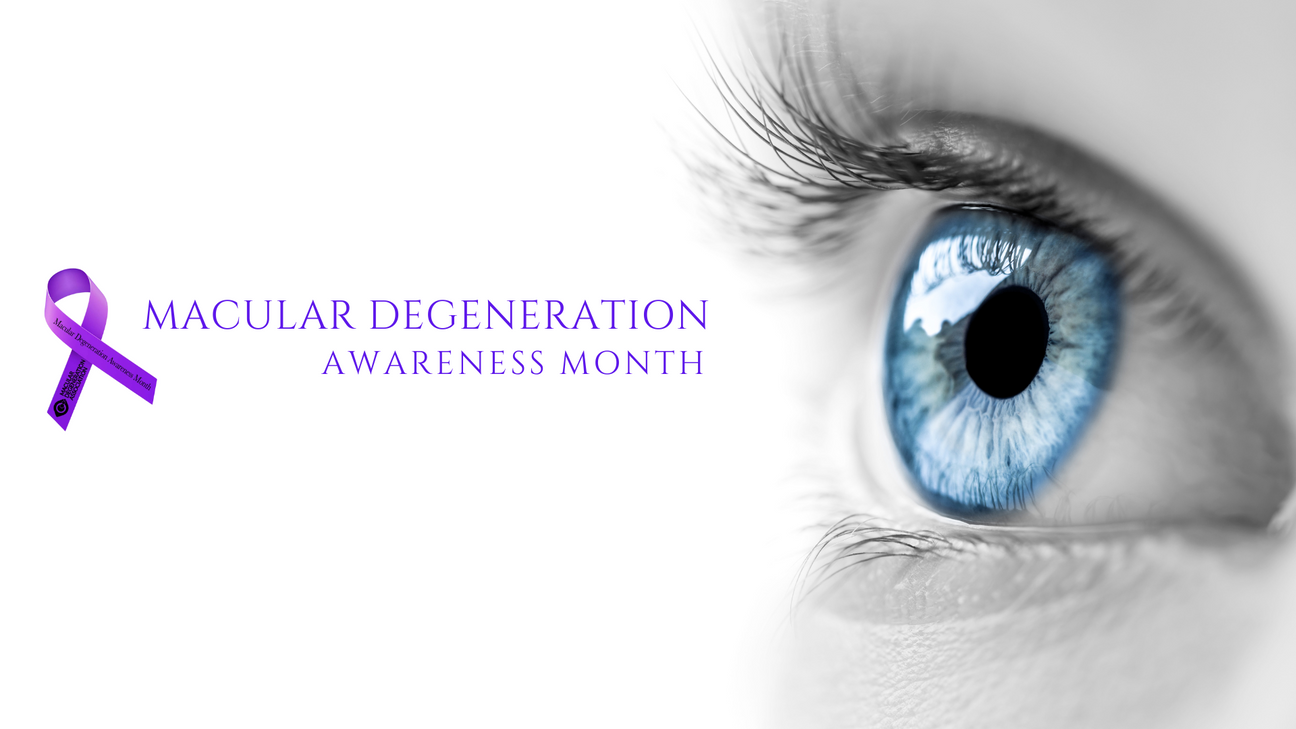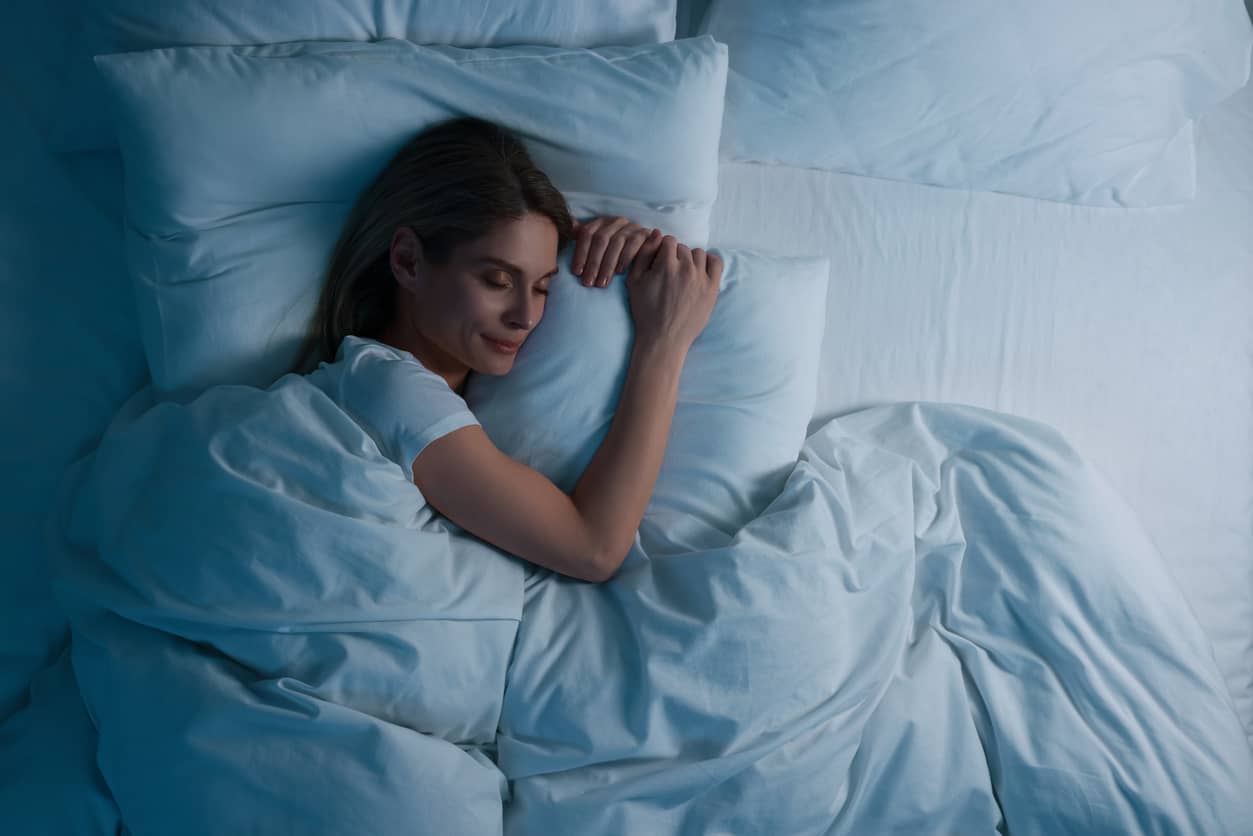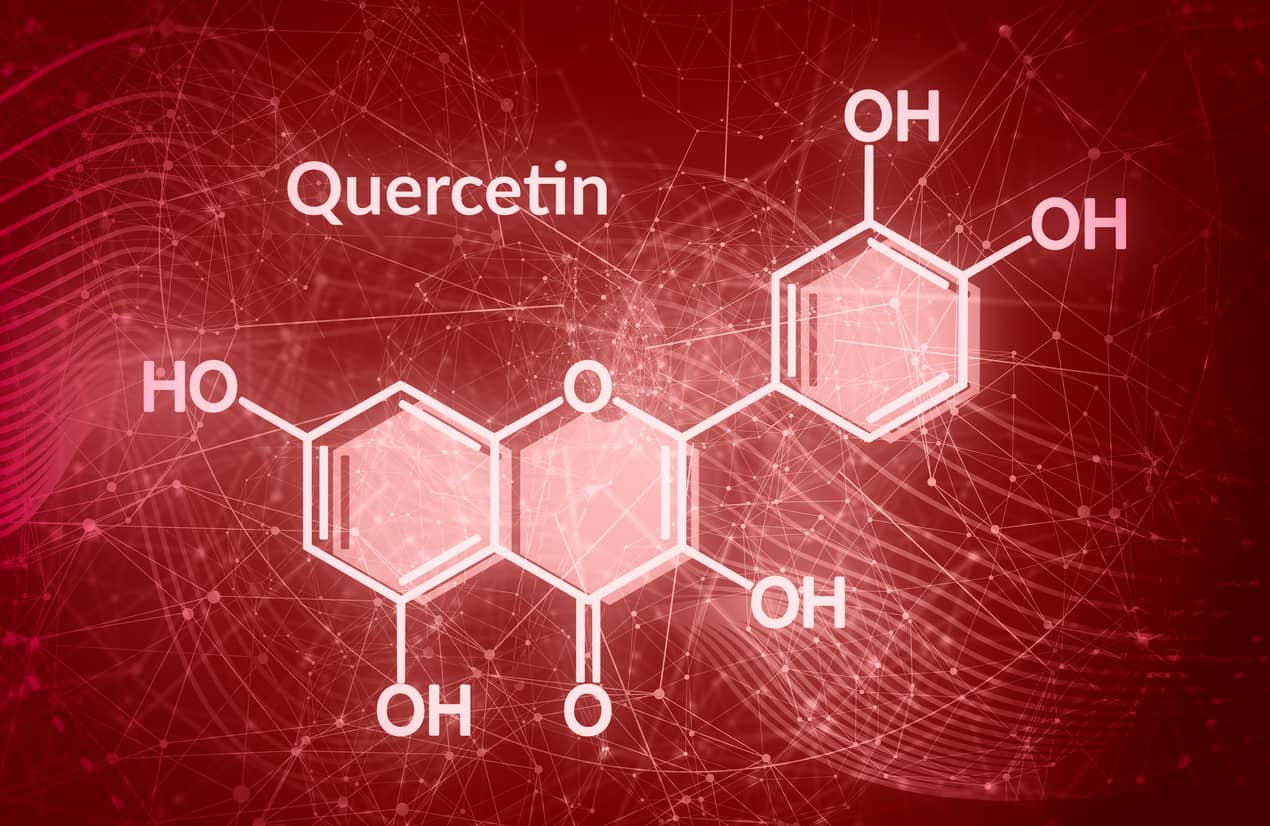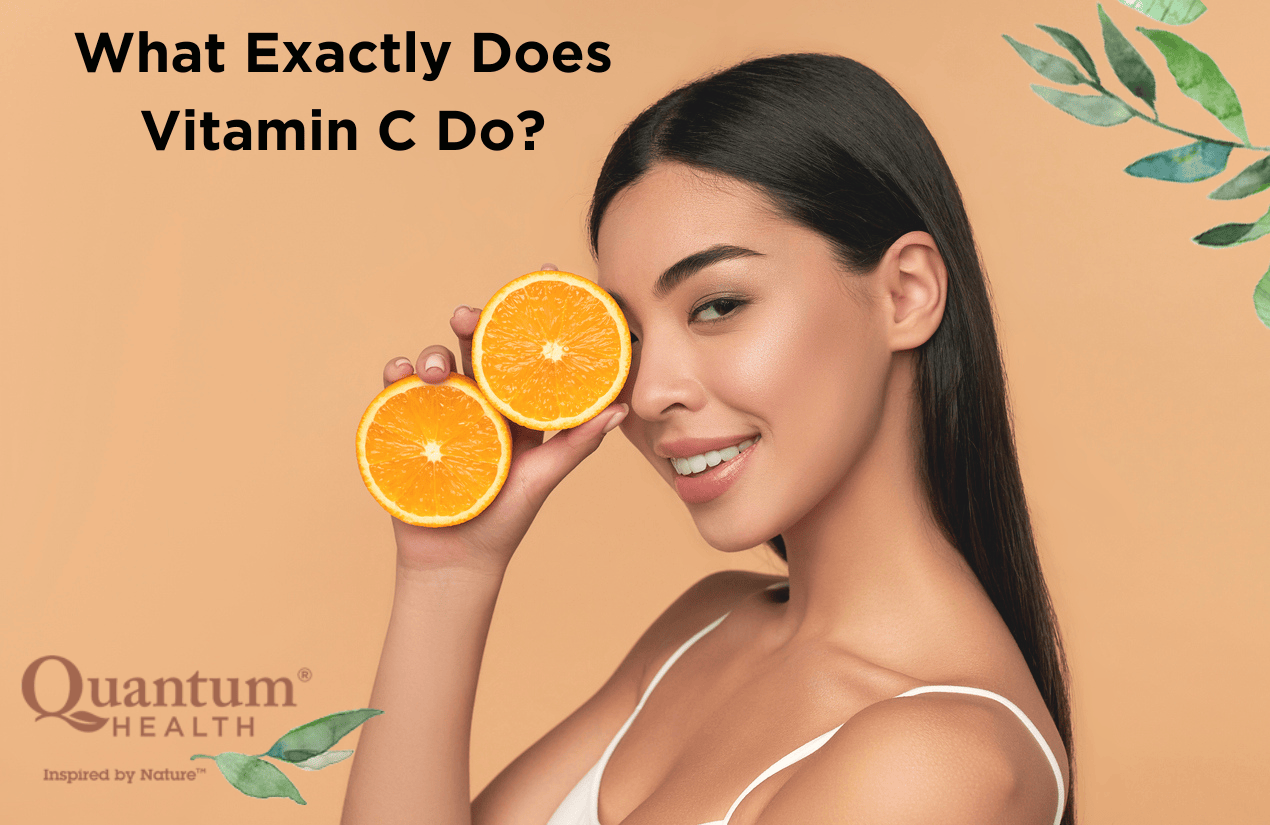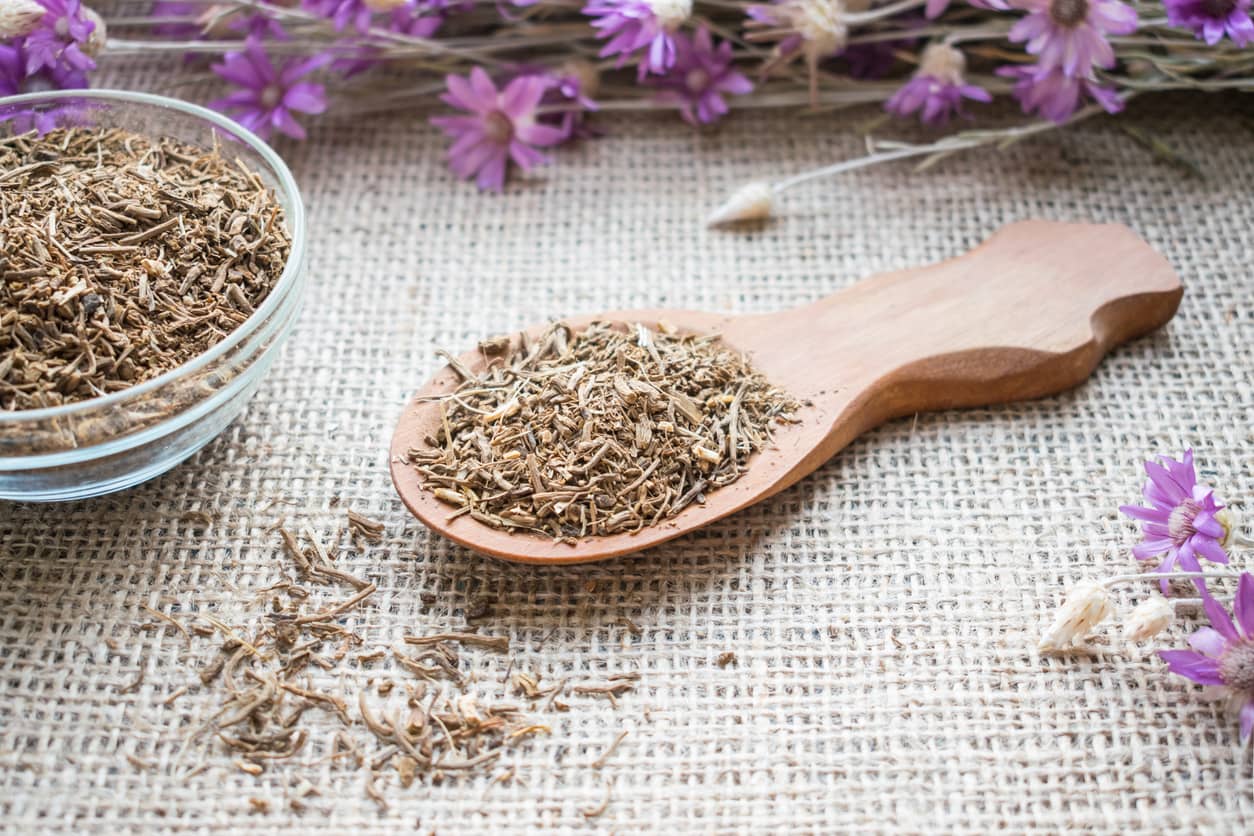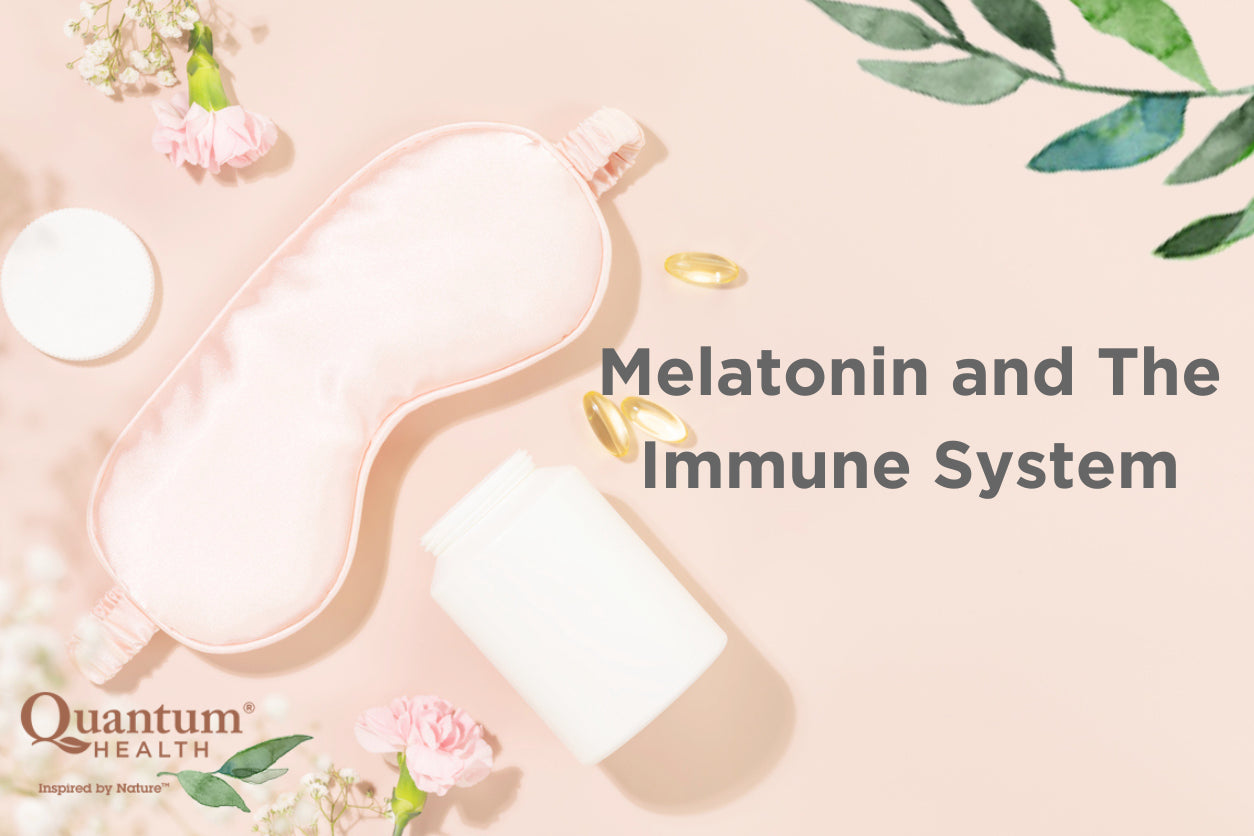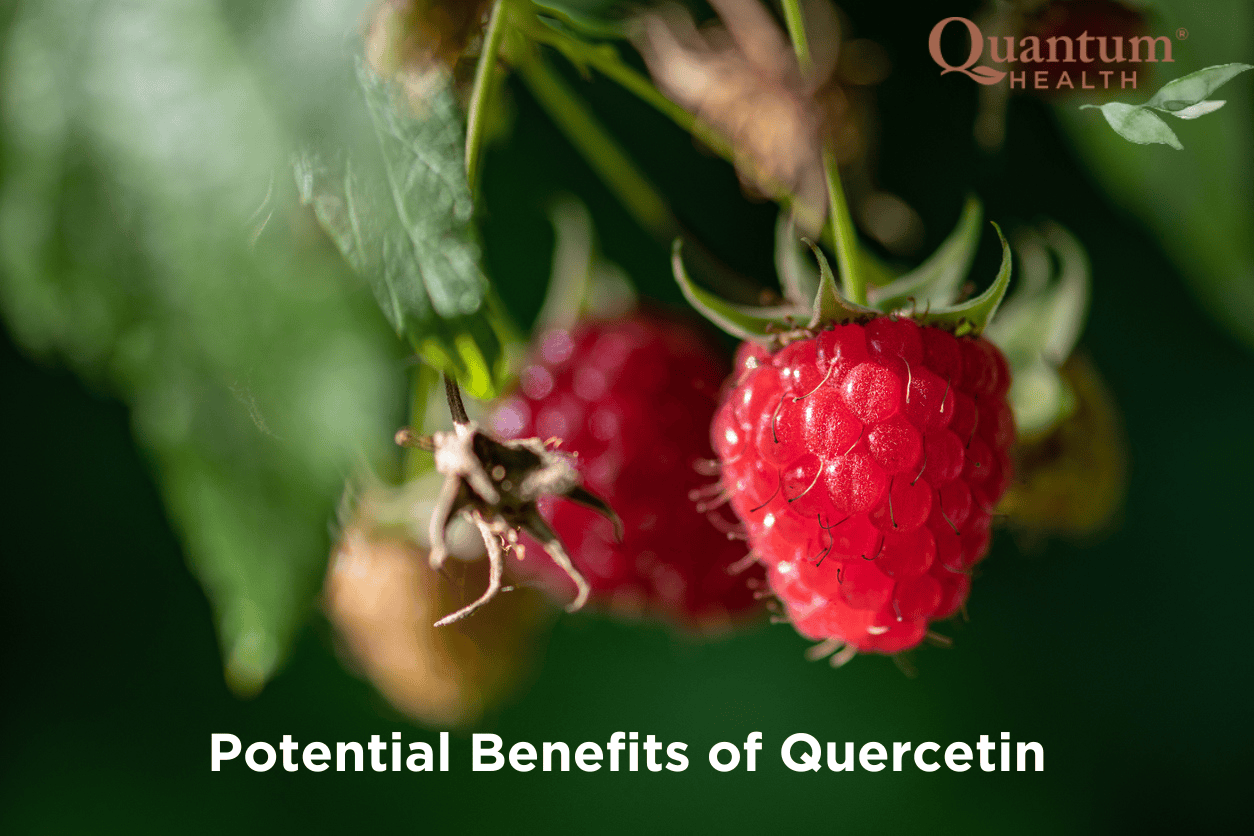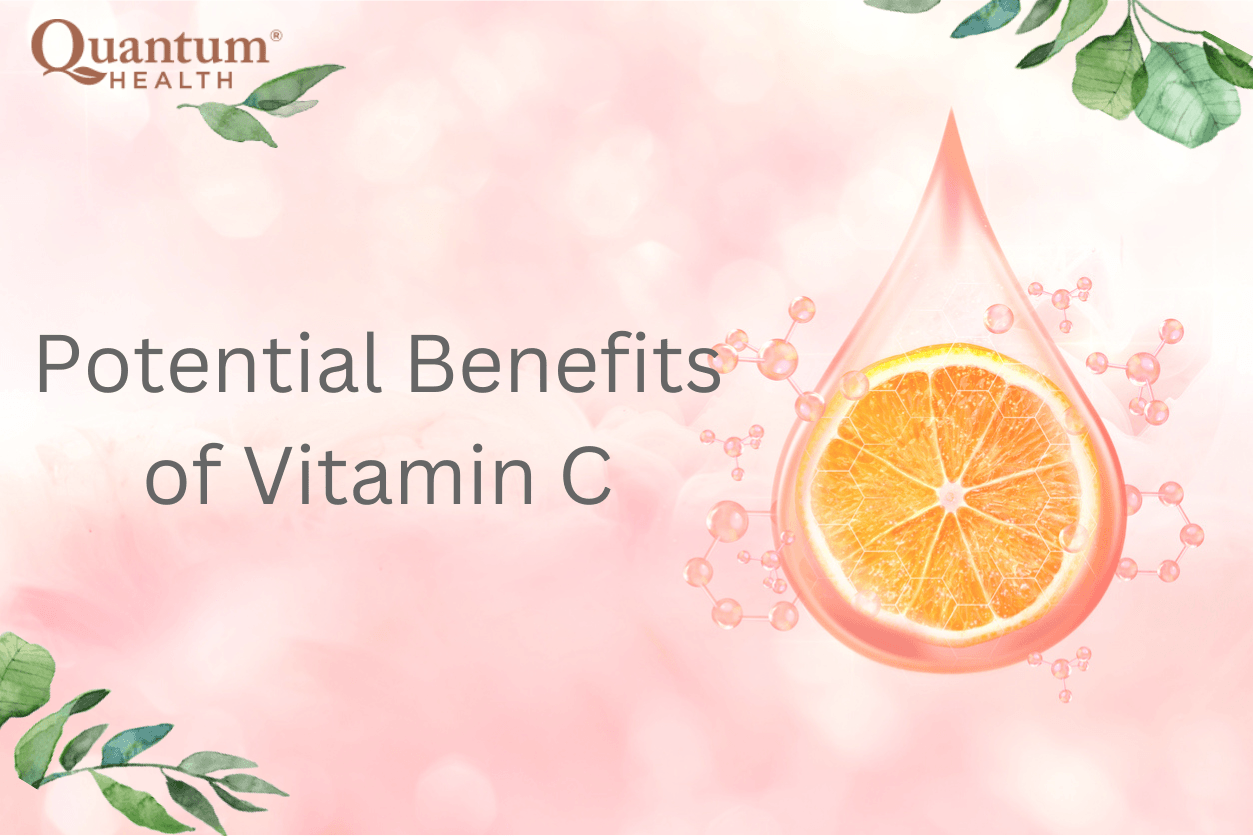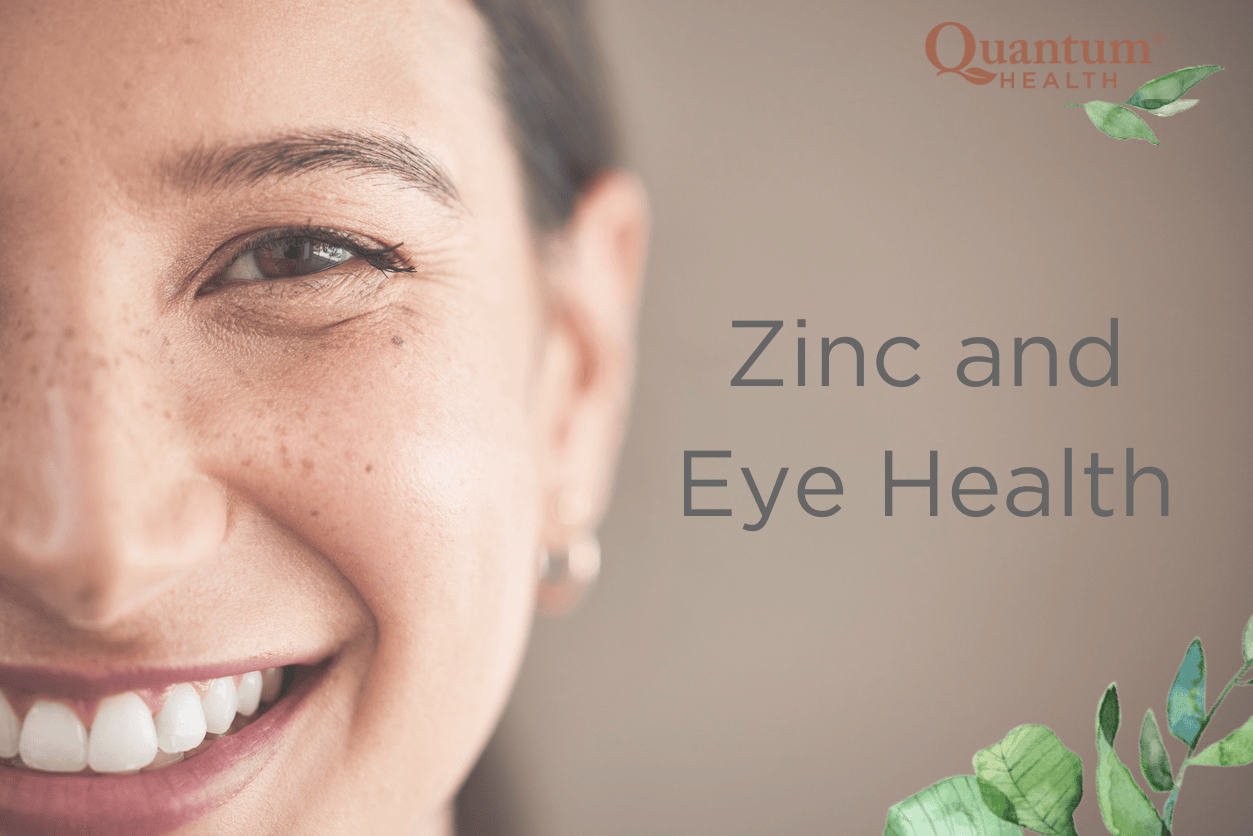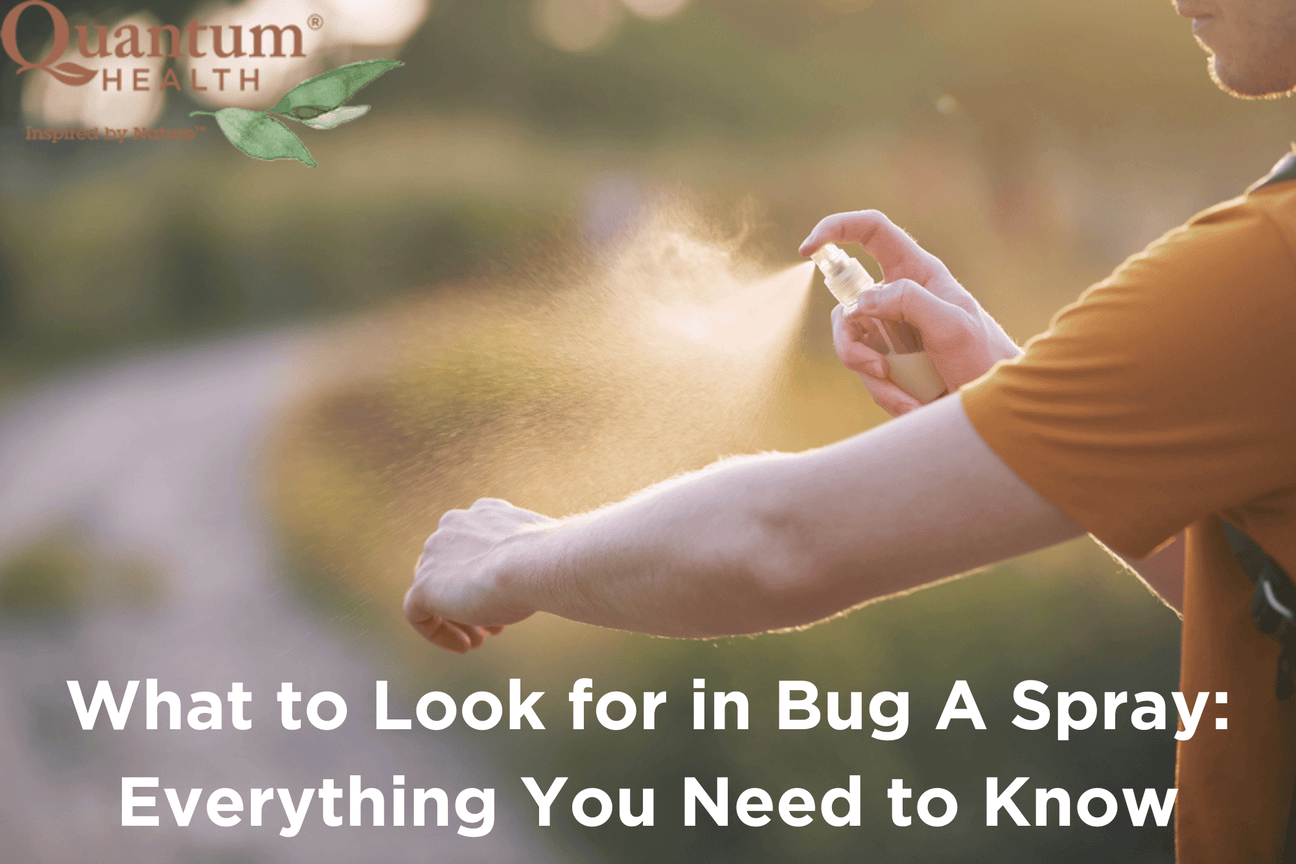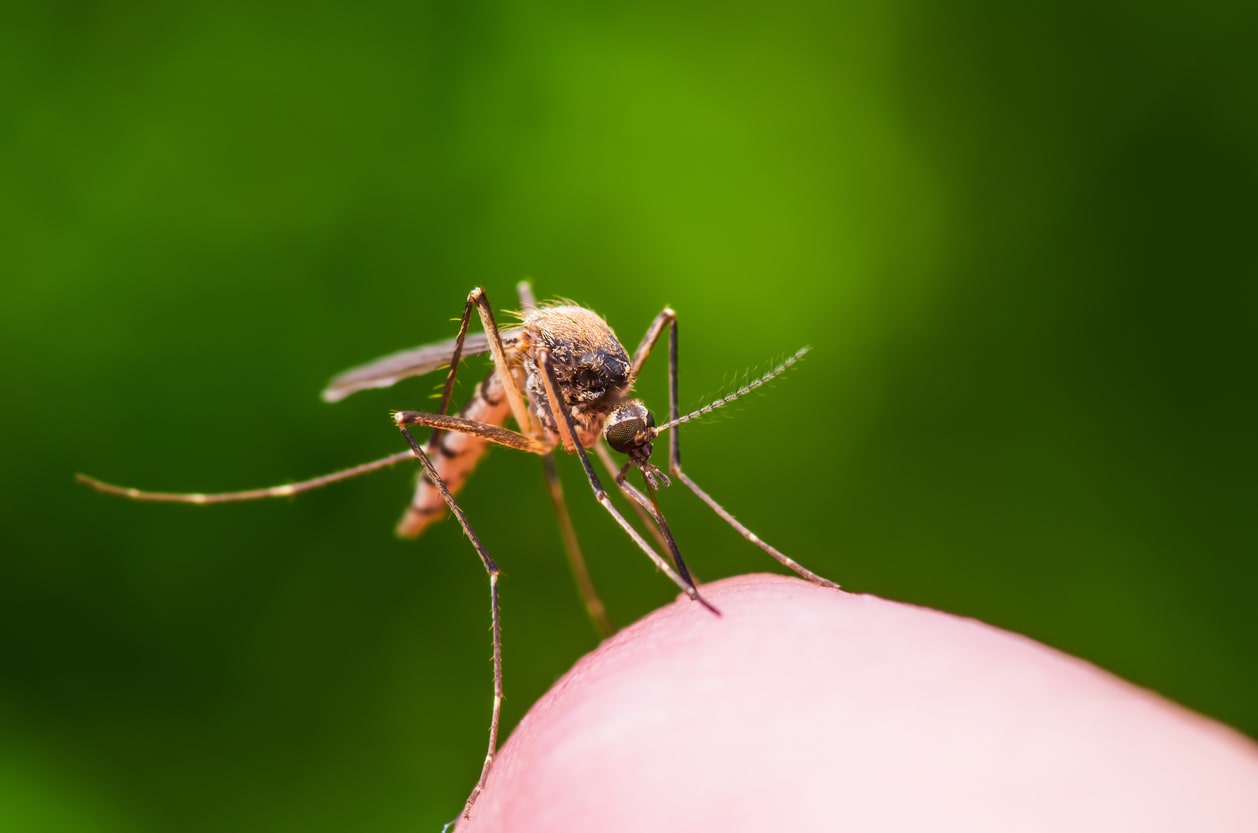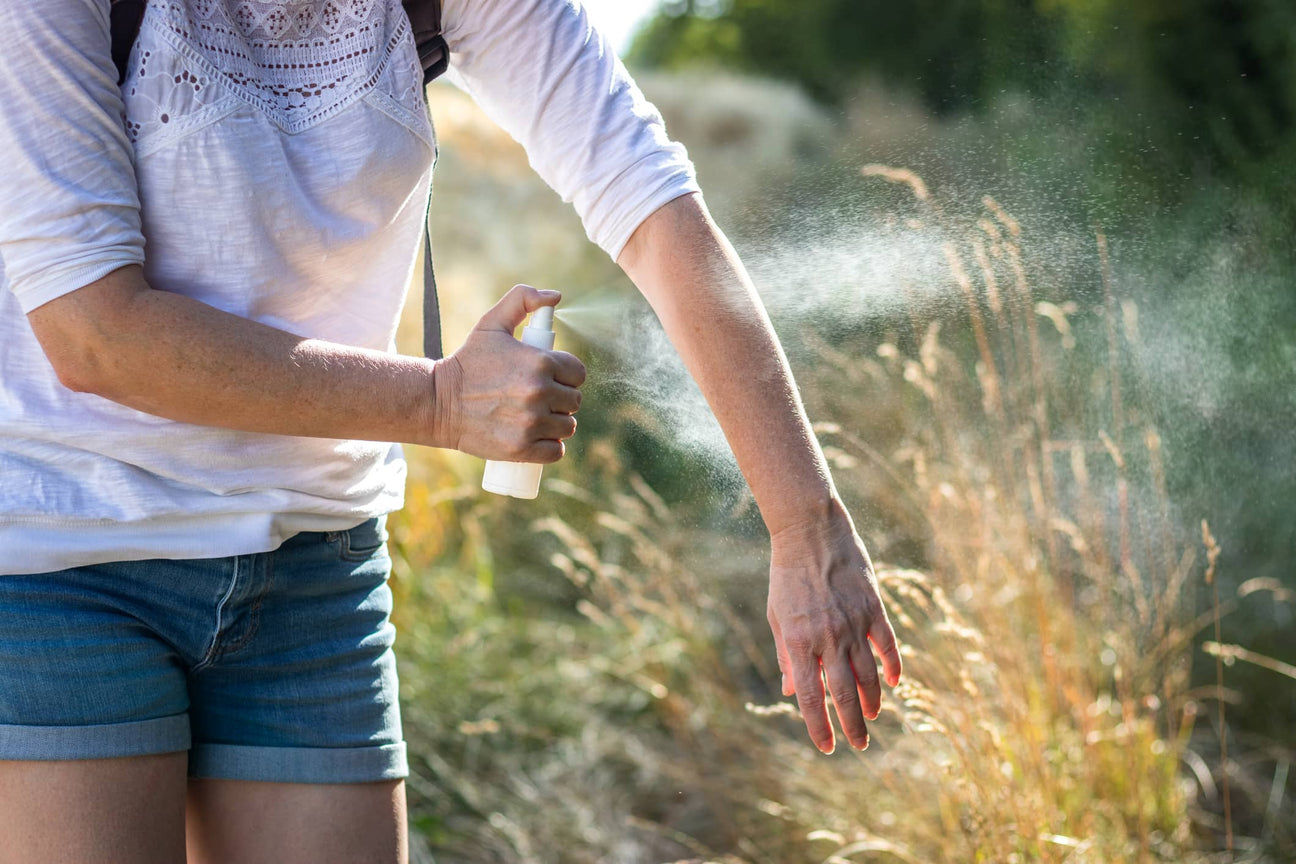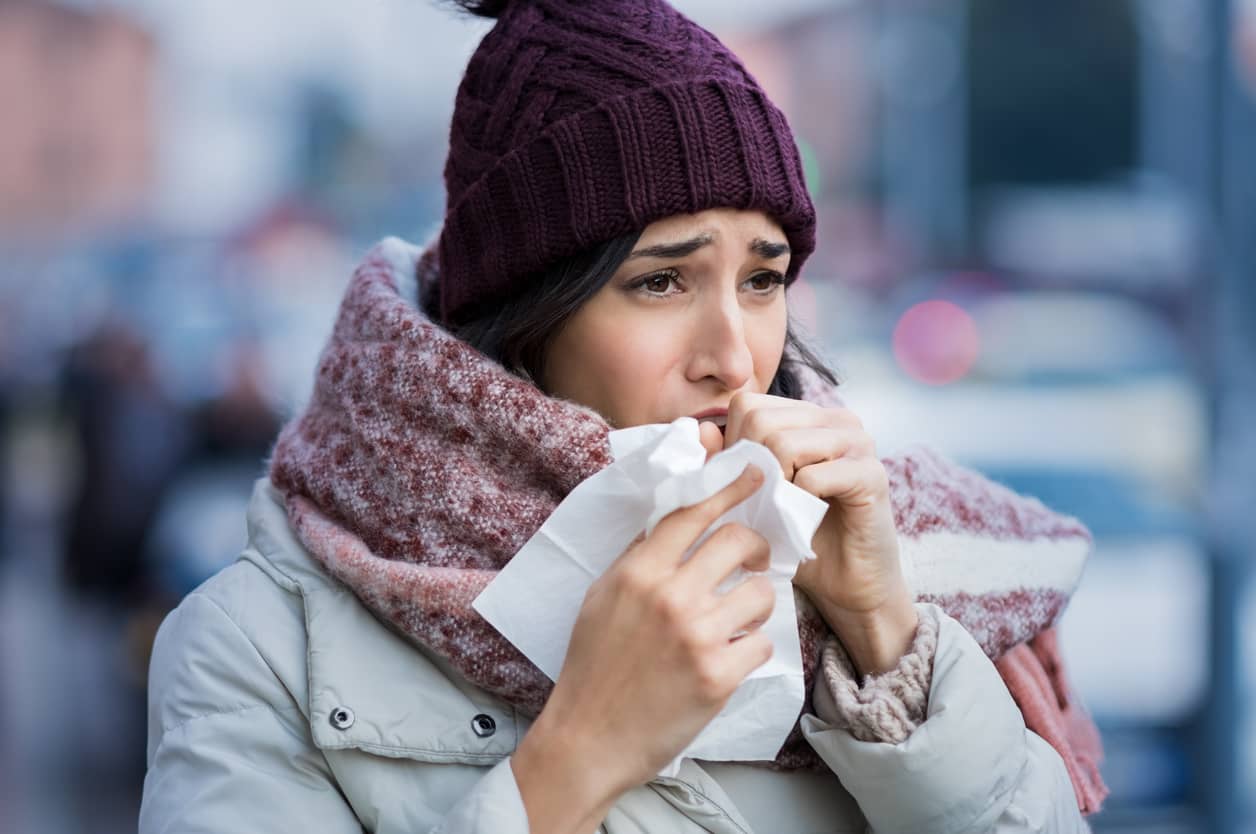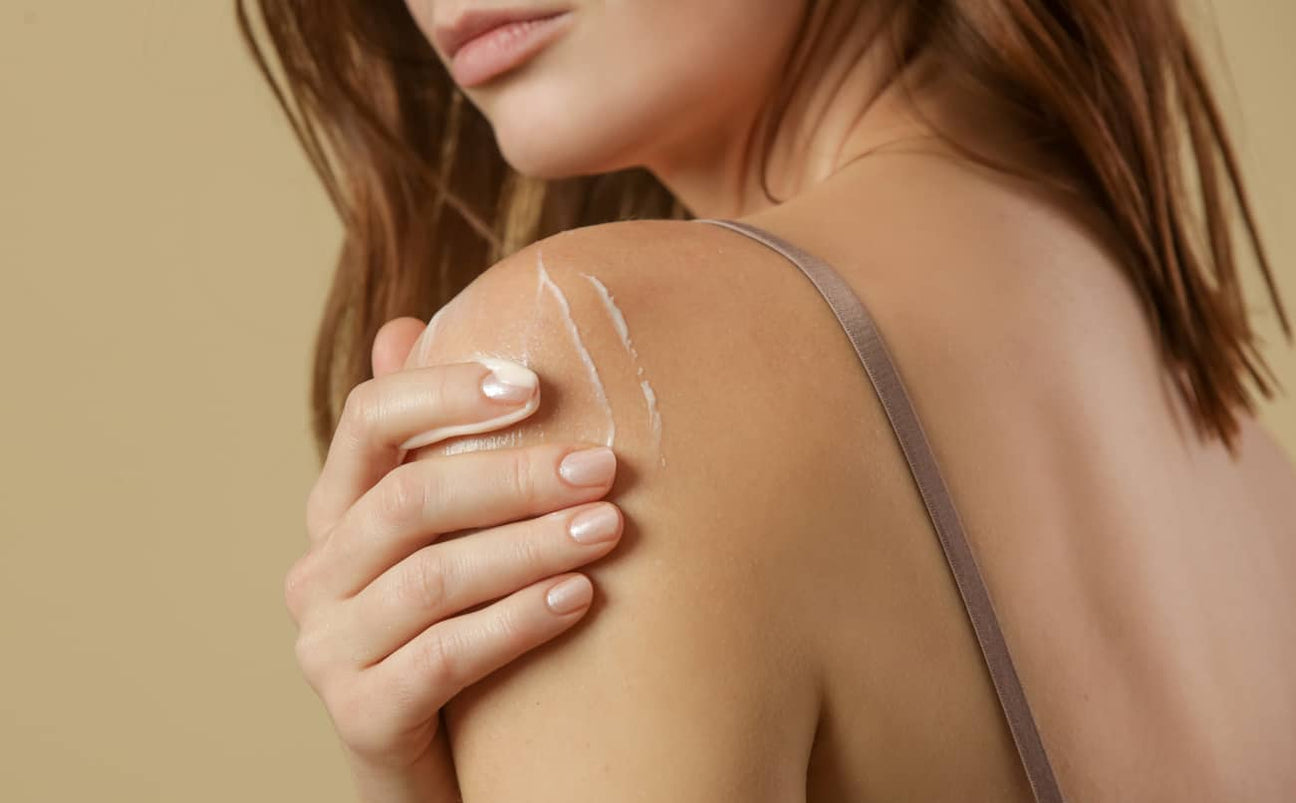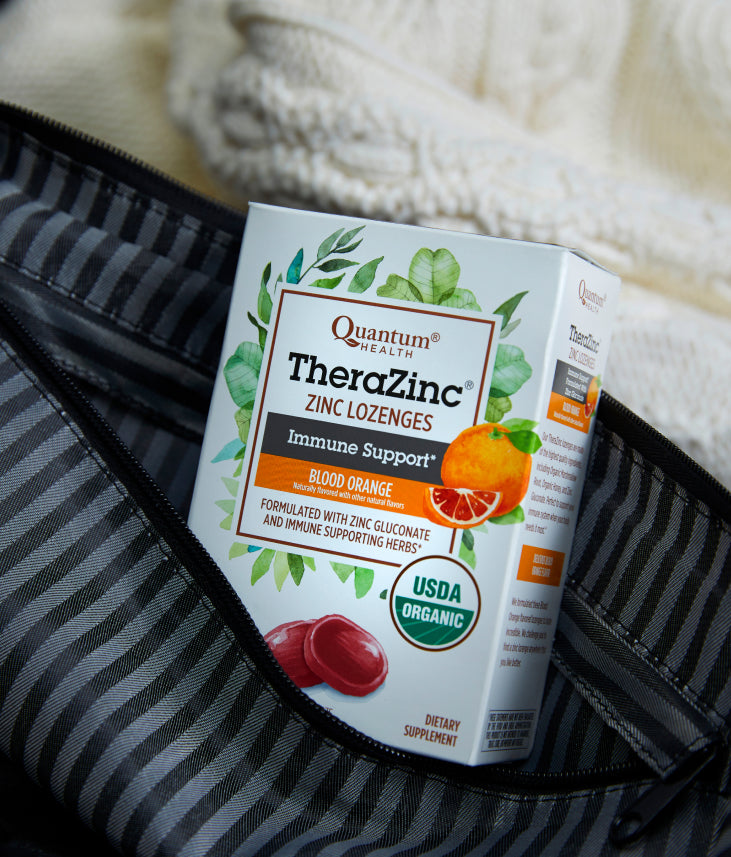DEET vs. DEET-Free Insect Repellent

The Quick Version
- DEET: Highly effective, used for decades, but may cause irritation and has environmental concerns.
- DEET-Free: Safer for skin, suitable for children and pregnant women, and eco-friendly, though reapplication may be needed more frequently.
- Natural Alternatives: DEET-free options like lemon eucalyptus oil, citronella, and peppermint oil offer protection without harsh chemicals.
Exploring nature is a nourishing experience. The smell of pine trees, the chirping sound of birds, and the stunning views make it all worth it. Yet sometimes, unwanted insects can spoil our dreamy adventures. That’s why bringing insect repellent can help us enjoy our outdoor activities.
There are many options out there, including DEET and DEET-free insect repellents.
What Is DEET?
DEET is an active ingredient in popular products that repel mosquitoes, ticks, biting flies, and other disease-carrying insects. The U.S. Army developed it in 1946, and the general population has been using it since 1957.
DEET can be found in various insect repellents, including sprays, lotions, and liquids, ranging from a 4% to 100% concentration. The higher the concentration, the longer the formulation will remain effective—but it does not mean better performance.
Although some animal studies associate DEET with neurological deficits and neurotoxicity, the U.S. Environmental Protection Agency (EPA) offers a different picture. According to its last review of DEET, EPA “has not identified any risks of concern to human health, non-target species or the environment.” The agency also approves its use for children with no age restriction.
However, the Center For Disease Control and Prevention (CDC) claims that in some cases, exposure to excessive DEET may cause skin rashes, blisters, and irritation. The Environmental Working Group (EWG) explains that in rare instances, a high concentration of “DEET has been reported to impair the nervous system, with symptoms including seizures, tremors, and slurred speech.” EWG added that the chemical might also damage rubber, plastic, and vinyl on clothing and other accessories.
Both the CDC and EPA state that DEET repellents should not be harmful as long as people follow the instructions on the label. EWG also considers DEET a viable repellent option but recommends limiting its concentration to 30% and even lower for young children.
What Is a Plant-Based Repellent (Like Buzz Away)?
Plant-based insect repellents are DEET-free products formulated with plant oils or synthetics.
According to research, the first valuable repellents were plants and flowers like chrysanthemum and geranium. They were hung in homes or rubbed on the skin.
Some of the ingredients used in plant-based repellents include:
Oil of Lemon Eucalyptus
Oil of lemon eucalyptus, also known as PMD, comes from the leaves of the lemon eucalyptus tree. Studies report that PMD may have an equal or superior performance than lower concentrations of DEET. It also offers broad protection, as it repels mosquitoes, ticks, stable flies, and biting midges.
Geranium Oil
Research suggests essential oils of geranium may repel ticks, with similar activity to DEET at concentrations of ≥0.052 mg. Other studies also associate lavender and geranium oil with 100% tick repellency.
Citronella Oil
Citronella is a plant oil extracted from different species of lemongrass. Although it has high volatility, a study claims it is highly effective against multiple mosquito species, especially when combined with vanillin (a compound of vanilla bean extract). Results show that a mix of citronella and vanillin may have a similar repellency to DEET, with up to 6 hours of protection.
You can find geranium and citronella oil in our DEET-free repellent Buzz Away Extreme® Spray. This mosquito and tick repellent contains a blend of plant-based carrier oils, essential oils, and purified water.
Plant-Based Repellent Applications
Plant-based repellents come in a broad range of applications, including sprays, lotions, towelettes, and soothing blends to care for bites and stings.
Whether you go with a DEET or DEET-free insect repellent, make sure to follow the instructions on product labels to protect yourself and your family. For more information, see EPA’s recommendations on how to use repellents safely.
Share
Your share can inspire countless others.

























